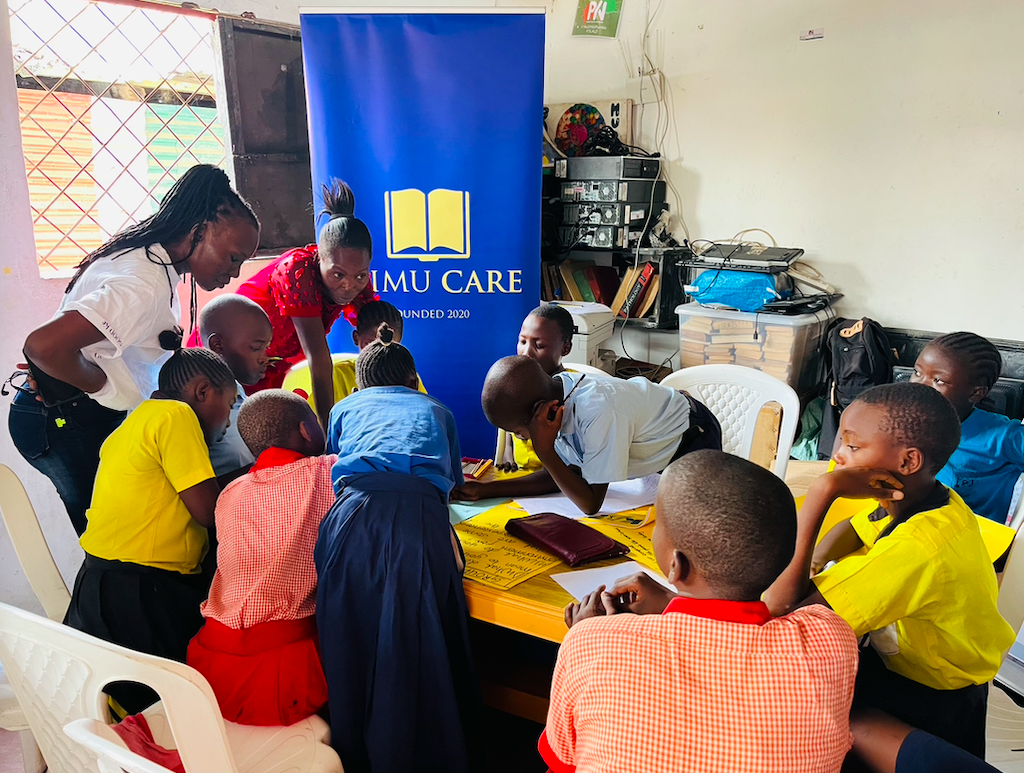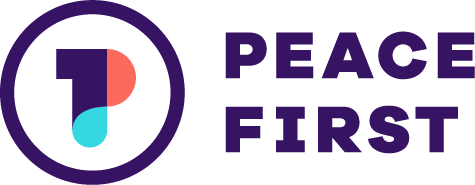Rising Above: Education, Advocacy, and Empowerment with Elimu Care
Growing up in Kisauni, Mombasa, I witnessed the struggles of my family and community firsthand. Watching my mother’s relentless efforts to provide for our family and support my education against all odds made me a determined student. It was her sacrifices and the challenges we faced that gave me a deep appreciation for the transformative power and value of education.
In high school, financial challenges prevented me from attending the school I had qualified for. Instead, I enrolled in a local school with minimal resources—no library, insufficient teachers, and long days as a day scholar. It wasn’t easy, but I embraced the opportunity, knowing that education was my pathway to a better future.
However, after completing high school, poverty forced me to pause my education for four years. During that time, I worked to support my younger brother’s schooling, and my own dreams had to wait. Eventually, I earned a scholarship for a diploma in Social Work and Community Development, although even that journey required a year-long break to save money before I could pursue my degree. Despite these challenges, I remained steadfast in my belief that education is not just a tool to escape poverty—it is a foundation for empowerment, advocacy, and change.
The turning point in my journey came during the COVID-19 pandemic when I volunteered with Mutual Aid Kenya, a youth network led by Wevyn Muganda. Together, we rallied to provide food and medical supplies for families in informal settlements like the “Bangladesh” slum in Mombasa. The inequalities I witnessed were stark. While students in more privileged areas transitioned to online learning, vulnerable girls in the informal settlements lacked basic access to electricity, let alone digital devices. I rallied with my online community on Facebook and started collecting books, mobilizing community learning spaces for students to revise.
This experience birthed Elimu Care, a grassroots organization dedicated to addressing educational inequities and gender-based challenges in marginalized communities. Our work began with immediate pandemic relief but soon expanded to tackle systemic barriers to education.

So far, Elimu Care has directly reached more than 5,000 young people through various initiatives. We focus on equipping them with essential life skills, addressing gender-based violence, and advocating for inclusive and equitable education. One of our flagship projects, Nisaidie Kupaza Sauti, aims to prevent violence against women and girls in Mombasa County by raising community awareness to identify, prevent, and address the issue. Through local actors, the project provided psychosocial and economic support for victims, ensuring they could continue to lead healthy lives. The project aimed to build a movement of people committed to reducing violence against women and girls in Mombasa County.
We also take an integrative approach to Sexual and Reproductive Health and Rights (SRHR) in schools. Elimu Care’s three-pronged approach—offering sexuality education sessions—tackles these challenges head-on. We equip adolescents (ages 15 to 24) and youth (ages 24 to 30) with the knowledge and support they need to make informed decisions, a vital step towards improving adolescent health and reducing sexual health issues in Mombasa. These are just a few of our initiatives.
Our impact extends beyond local programs. Elimu Care has gained recognition on global platforms, including Women Deliver 2023, the Summit of the Future, and COP29. These opportunities have allowed us to advocate for the intersection of SRHR, education, gender equality, and climate change. By sharing insights and collaborating with global leaders, we’re influencing policies that shape equitable futures.
Girls and women are the central focus of Elimu Care in Mombasa, Kenya, because they represent a significant segment of our community that has historically faced challenges in accessing education and leadership opportunities. By specifically addressing the rights and needs of girls and young women, we aim to create a more equitable society and empower future leaders. Our commitment to this cause stems from the belief that when girls and women thrive, the entire community benefits from their contributions, resulting in a more prosperous and inclusive future for all.
Elimu Care’s journey is a testament to the power of collective action, resilience, and hope. With opportunities like this, I’m reminded that while the challenges are great, the potential for change is even greater. The story doesn’t end here; it continues, fueled by the passion of every young person we’ve reached and the vision of a world where quality education is a right, not a privilege.
I believe that education is a societal issue that requires the participation of all parties for its achievement and success. Consequently, I am playing my part through Elimu Care and my advocacy work. The nomination from Peace First is not just an acknowledgment of my work but also a platform to amplify the voices of the young people and communities I serve. Sharing my story isn’t about personal recognition—it’s about shining a light on the transformative power of education and the resilience of those who continue to fight for it, despite the odds.

